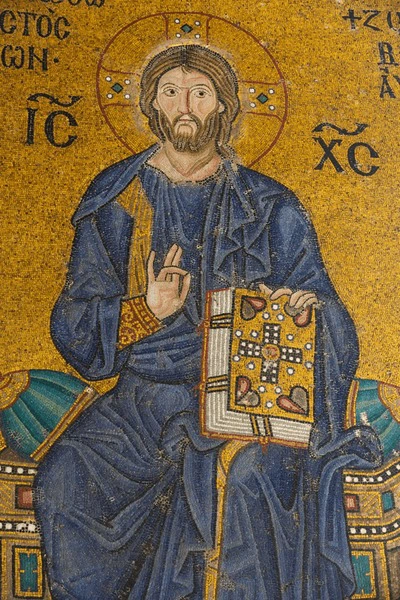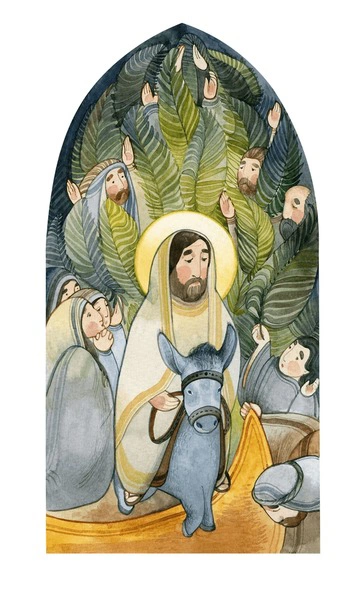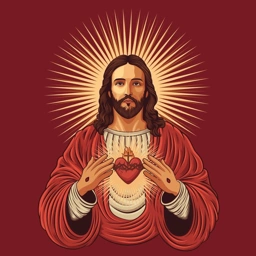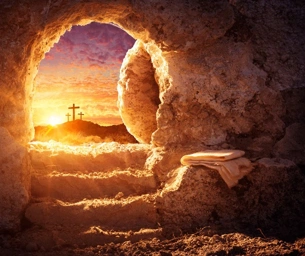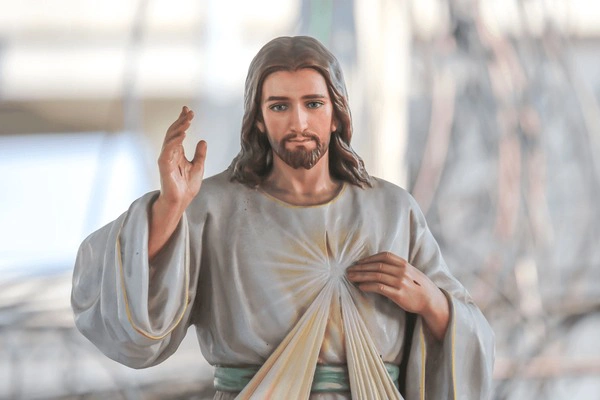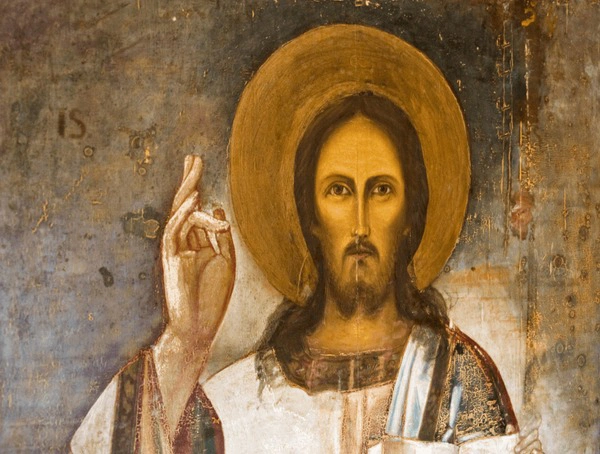
The Significance of Matthew Chapter 1:Verse 25 in Affirming the Virgin Birth
The virgin birth of Jesus, as affirmed in Matthew 1:25, underscores His divine nature and fulfills Old Testament prophecies. This event highlights God's miraculous intervention in human history and serves as a foundation for Christian faith. It emphasizes Jesus' unique identity as fully God and fully man, offering salvation to humanity. Joseph's faith and obedience play a crucial role in this narrative, providing a model of trust and righteousness. Believers are encouraged to live out the truth of the virgin birth, embracing the transformative power of faith.
David Walker
26/11/2024 - 5 months ago

Understanding Matthew Chapter 1:Verse 25
Matthew Chapter 1, Verse 25 is a significant passage in Christian theology that highlights the miraculous birth of Jesus. This verse states that Joseph did not have marital relations with Mary until after the birth of Jesus, affirming the doctrine of the virgin birth. This concept is central to Christian belief, emphasizing the divine nature of Jesus from His conception. For many believers, this verse serves as a testament to God's intervention in human history, fulfilling the prophecy of a Savior born of a virgin.
The virgin birth is not just a theological assertion but a cornerstone of faith that underscores the unique identity of Jesus Christ. By being born of a virgin, Jesus is set apart from all humanity, highlighting His purity and sinlessness. This miraculous event signifies God's power and His plan to bring salvation to mankind through His Son, who is both fully divine and fully human.
Joseph's role in this narrative is also noteworthy. His obedience and faithfulness, despite the unusual circumstances, exemplify a profound trust in God's plan. By accepting Mary and the child she carried, Joseph becomes an integral part of the fulfillment of prophecy. His actions reflect a model of righteousness and faith, encouraging believers to trust in God's purposes even when they transcend human understanding.
Theological Significance of the Virgin Birth
The virgin birth is often seen as a fulfillment of Old Testament prophecies, particularly Isaiah 7:14, which foretells a virgin bearing a son called Immanuel, meaning "God with us." This prophecy is foundational in understanding the virgin birth as a divine intervention, marking the inception of Jesus' earthly life. It assures believers of the authenticity of God's promises and His ability to fulfill them in extraordinary ways.
In theological discussions, the virgin birth serves as a marker of Jesus' unique nature. It underscores His dual identity as fully God and fully man, a mystery that has intrigued theologians for centuries. This doctrine emphasizes that Jesus was not merely a good teacher or prophet but the incarnate deity who came to bridge the gap between God and humanity. It reassures believers of Jesus' capacity to mediate salvation due to His divine nature.
By affirming the virgin birth, Christians also affirm the sanctity and mystery of God's work in the world. This doctrine challenges believers to embrace the miraculous and the mysterious aspects of faith, recognizing that God's ways often surpass human logic. It calls for a deeper reliance on faith and trust in God's overarching plan for redemption, encouraging believers to live with confidence in the truths of Scripture.
Joseph’s Faith and Obedience
Joseph's decision to stay with Mary despite societal norms and personal doubts underscores his faith and obedience to God's will. In Matthew 1:24, just before Verse 25, Joseph receives divine instruction through an angelic visitation. His response to this message is immediate and compliant, illustrating his righteousness and trust in God's plan. This act of obedience sets a powerful example for believers, showing that faith often requires courage and trust in God's promises.
The societal pressures and personal challenges Joseph faced were immense. In a culture that valued honor and reputation, his decision to proceed with the marriage despite the potential for scandal reveals a deep commitment to God's will. This aspect of Joseph's character is often overlooked but provides a powerful lesson in integrity and faithfulness. His actions remind us that following God's plan may not always align with societal expectations but ultimately leads to fulfilling His divine purpose.
Joseph's role as the earthly father of Jesus also highlights the importance of stewardship and responsibility in the Christian life. By accepting this role, Joseph demonstrates a willingness to protect and nurture the promise of God. This commitment to his family and faith serves as a model for believers, encouraging them to embrace their roles and responsibilities with diligence and devotion, trusting in God's guidance and provision.
Living Out the Truth of the Virgin Birth
For Christians today, the doctrine of the virgin birth serves as a reminder of the miraculous and transformative power of God. It calls believers to embrace a faith that is not limited by human understanding but open to the supernatural workings of God. By holding fast to this truth, Christians are encouraged to live confidently, knowing that the same God who orchestrated Jesus' miraculous birth is at work in their lives.
The virgin birth also challenges believers to consider the implications of Jesus' divine nature in their daily lives. It invites Christians to reflect on their relationship with God and their understanding of Jesus as both Savior and Lord. This reflection can lead to a deeper appreciation of the gift of salvation and a more intentional pursuit of a Christ-centered life. It encourages believers to seek a closer walk with Jesus, embodying His teachings and example in their interactions with others.
As believers contemplate the significance of the virgin birth, they are called to share this foundational truth with others. It serves as a testament to the hope and redemption found in Christ, offering a message of love, grace, and salvation to a world in need. By living out the implications of this doctrine, Christians can be a light in their communities, demonstrating the transformative power of faith in Jesus Christ.


